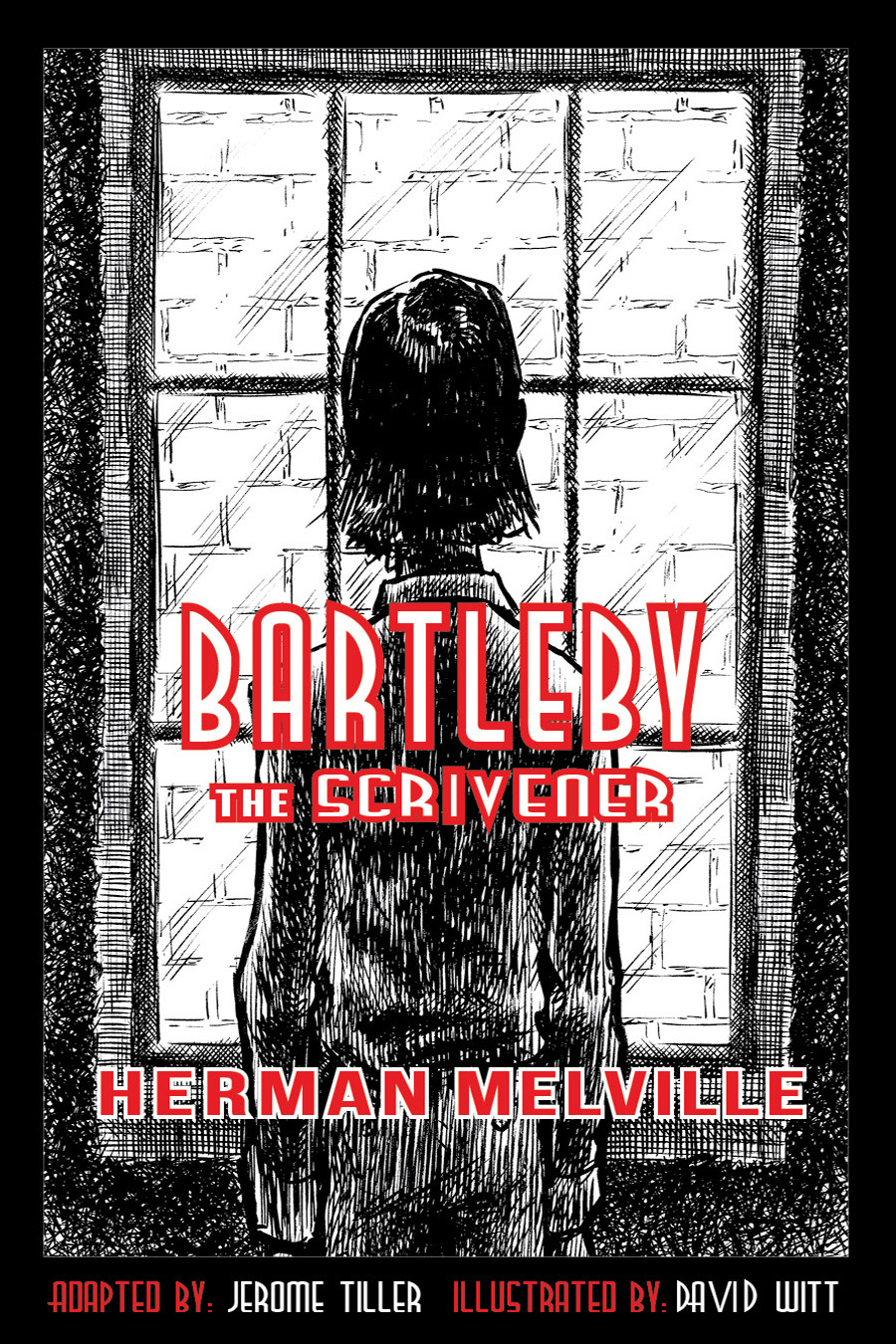Middle School Students - Learning by Talking
When middle schools students discuss the meaning of literature under the direction and supervision of a teacher, they are learning by talking. Classroom discussions about the meaning of stories help middle school students develop new ideas, organize and clarify their thoughts, and express them verbally. Besides these lessons in mental and communication skills, classroom discussions about literature also help middle school students learn valuable life lessons. Quality literature can carry an abundance of such lessons.
The trouble is, most of the skills middle school students learn by talking about the meaning of literature cannot be quantified. Middle school students might develop their brains and learn life lessons when they talk about literature, but they merely internalize those benefits. No standardized test can directly measure what students gain by talking about stories, valuable as this experience is. The value in talking about literature is why educators encourage parents to read with their children, even well past the early childhood years. And it’s especially good when parents do this because students and teachers now live in a world of standardized testing. Learning by talking can get short shrift in modern classrooms.
Still, I’ve not met a teacher that doesn’t believe in vigorous classroom discussions. And all teachers love literature, classic and otherwise. Moderating the free exchange of ideas in classroom settings can be challenging, but the best discussions are fun, and teaching should be fun.
Adapted Classics books are also accessible. They are short and they are fun. Each book ranges from 48 to 72 pages. Adapted Classics books do not create the inertia barriers for middle school students that longer literary works often do. Superb, usually humorous pen and ink illustrations by master neo-classic illustrator Marc Johnson-Pencook complement the stories in all of the books. See the gallery - each book has many fun illustrations that invite long looks and reflection.
Middle school students learn by talking, as long as they are talking about the right things. So parents and teachers, get middle school students talking about literature. Literature is a right thing, and the funnest among all the possibilities.
The trouble is, most of the skills middle school students learn by talking about the meaning of literature cannot be quantified. Middle school students might develop their brains and learn life lessons when they talk about literature, but they merely internalize those benefits. No standardized test can directly measure what students gain by talking about stories, valuable as this experience is. The value in talking about literature is why educators encourage parents to read with their children, even well past the early childhood years. And it’s especially good when parents do this because students and teachers now live in a world of standardized testing. Learning by talking can get short shrift in modern classrooms.
Still, I’ve not met a teacher that doesn’t believe in vigorous classroom discussions. And all teachers love literature, classic and otherwise. Moderating the free exchange of ideas in classroom settings can be challenging, but the best discussions are fun, and teaching should be fun.
Adapted Classics - Illustrated Literature for Youngsters (and Oldsters)
So here comes a direct plug — Adapted Classics books belong in the home, but they are are well-suited for fun and challenging classroom discussions too. First, our books feature quality literature, so each story does contain life lessons. The lessons are wrapped in prose that is beautiful, or engaging, or both. We only lightly modify the prose to eliminate unduly difficult vocabulary or phrasing. Sometimes we omit or rearrange passages, but usually that’s just to get stories off to a faster start. But the literary quality always remains. We try hard to avoid doing damage to the original works. We think we succeed.Adapted Classics books are also accessible. They are short and they are fun. Each book ranges from 48 to 72 pages. Adapted Classics books do not create the inertia barriers for middle school students that longer literary works often do. Superb, usually humorous pen and ink illustrations by master neo-classic illustrator Marc Johnson-Pencook complement the stories in all of the books. See the gallery - each book has many fun illustrations that invite long looks and reflection.
Middle school students learn by talking, as long as they are talking about the right things. So parents and teachers, get middle school students talking about literature. Literature is a right thing, and the funnest among all the possibilities.


